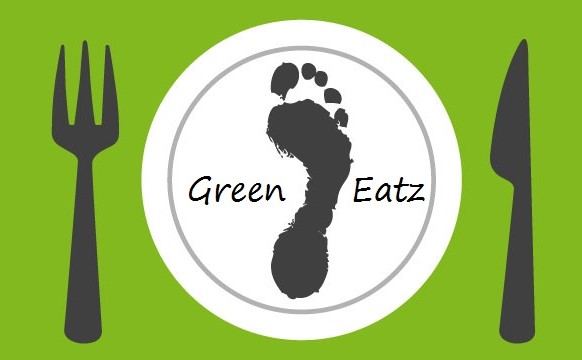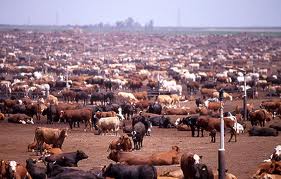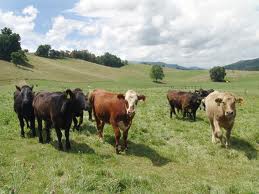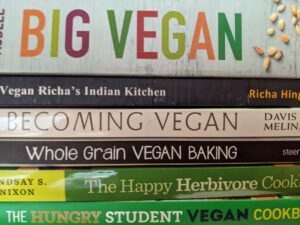Healthy Eating: For a Green Planet
The World Bank/IFC’s report Livestock and Climate Change estimates that around half of all human-produced greenhouse gas emissions are directly and indirectly related to livestock farming.
- the world’s cattle consume enough food to feed 8.7 billion people, more than the entire human population
- 56 billion animals are slaughtered every year to feed the world population of 7 billion
- synthetic fertilizers release nitrous oxide into the atmosphere, a gas that has 300 times more global warming effect than carbon dioxide
- food production accounts for around a quarter of each household’s greenhouse gas emissions
- agriculture uses half the world’s land and takes three-quarters of its water usage
- non-seasonal fruit and vegetables have a high carbon footprint through greenhouse cultivation, freezing and transportation (especially by air).
Check out Food’s Carbon Footprint for ideas on how to reduce your carbon footprint through healthy eating, smart shopping and home-cooking.
Healthy Eating: Meat The Truth video
Watch this 2 minute trailer for the Meat The Truth documentary which highlights the link between meat-eating and global warming.
Healthy Eating: For You!
Healthy eating can be both good for you and the planet. Eating a diet with less meat and dairy keeps you healthy, helps you lose weight and has a positive impact on climate change too! For instance, a meat-based diet uses seven times more land than a plant-based diet. And livestock farming now uses 25% of our planet’s land surface.
Vegetarians have a lower risk of illnesses such as as stroke, heart disease, some cancers, obesity, high blood pressure, osteoporosis and diabetes. In fact, a major study in the British Medical Journal even found that vegetarians lived longer too – by an average of 6 years!
Find out more on a healthy, vegetarian diet at Vegetarian Nutrition.
Browse Vegetarian Recipes for ideas on cooking healthy, nutritious meals.
Healthy Eating: For the Animals
The sad reality of much of the farm industry today – animals are treated without compassion or dignity and often live in appalling conditions. Animals are complex emotional and social creatures that are now treated as ‘units of production’ rather than sentient beings. And the industrial scale of these operations has a high environmental impact…
- factory farms are a major source of water and air pollution
- poultry farms require massive amounts of energy for cooling, ventilation and processing
- it takes just a thousand cows to produce thirty-thousand gallons of manure each and every day
- one in three dairy cows suffer from infected udders and the pus from that ends up in your milk
- slaughterhouses are often as cruel to their employees as they are to the animals.
Sadly, conditions in slaughterhouses have not changed enough in the last 100 years. Upton Sinclair’s book ‘The Jungle’ written in 1906 exposed the horrors of the meat industry. And ‘Fast Food Nation’ did the same in 2001.
Read a Plant-based, wholefoods diet for ideas on reducing your consumption of meat and dairy.





Trackbacks/Pingbacks